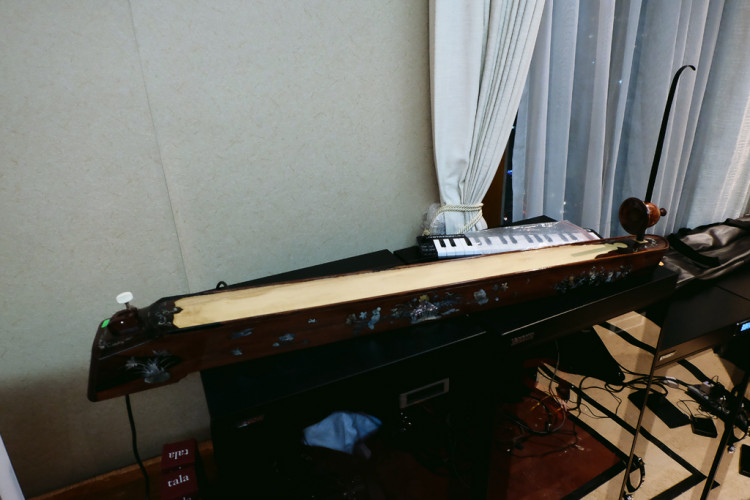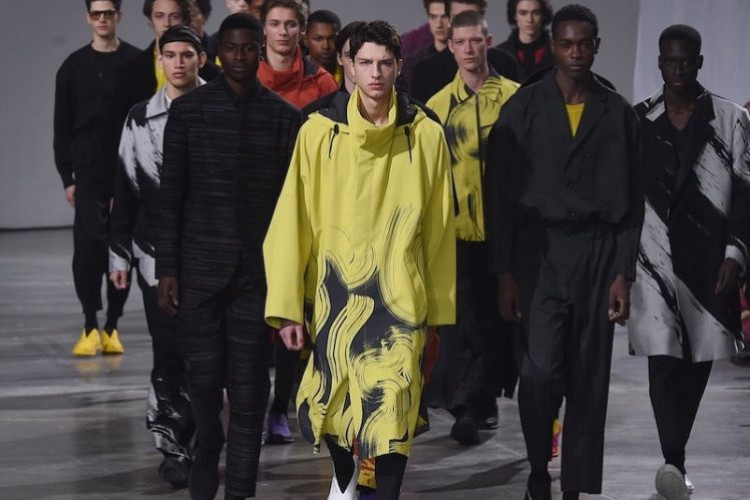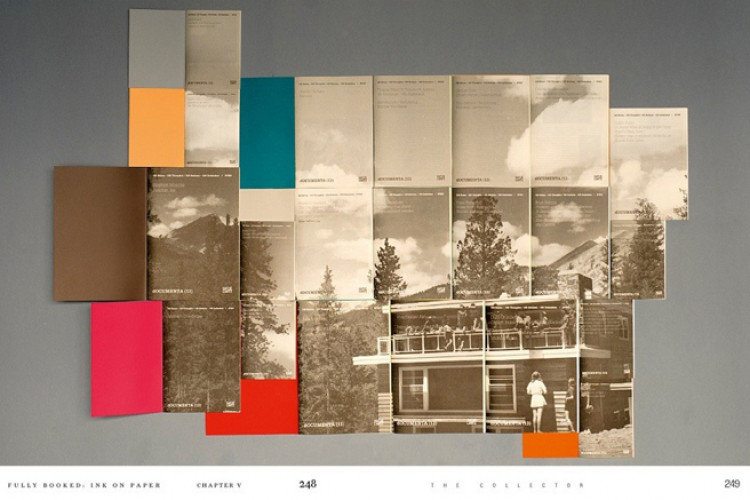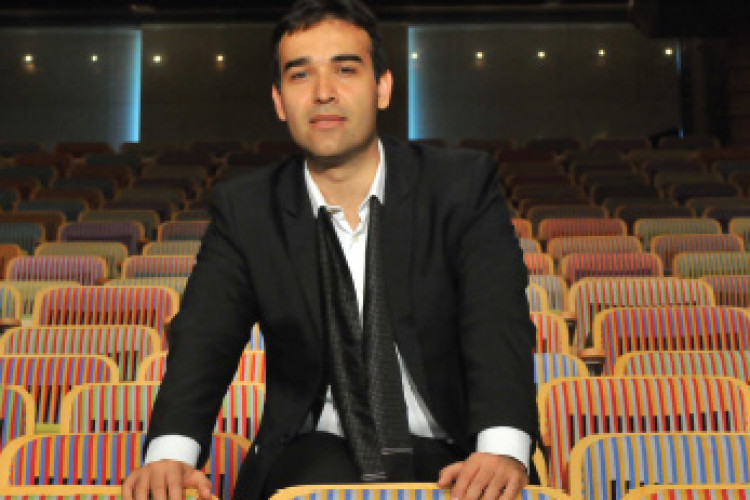A Balanced Life with Desi Anwar
Muhammad Hilmi (H) talks to Indonesian news icon Desi Anwar (D).
by Ken Jenie




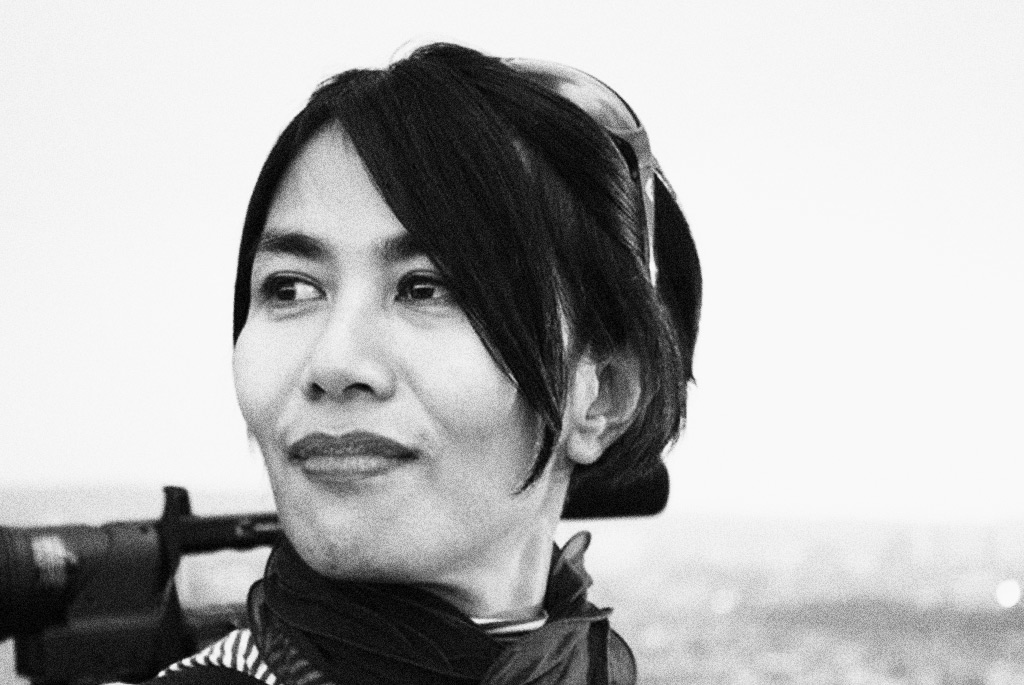
H
Could you tell us a bit about how you became interested in journalism and why you decided to pursue it as a career?
D
I never set out to become a journalist. It was never part of my ambition. But then I had the opportunity to join RCTI, then still a small private decoder-based TV, and became involved in founding the newsroom and starting news pioneer news programs such as Seputar Indonesia. It was so much fun and television has been part of my life ever since.
H
You are one of the first news anchor in Indonesia, any story on how you became involved in the early era of Indonesian TV broadcast?
D
I joined RCTI in 1990. It was the first commercial TV station. Indonesia only had TVRI. Under the Soeharto regime, only TVRI was allowed to broadcast news programs so we had to be creative and produced magazine and information programs. That’s why none of the names of the news programs have the word ‘berita’. I produced, reported and anchored many of these magazine programs such as Seputar Indonesia, Nuansa Pagi, Bulletin Malam, Bulletin Siang, Liputan Khusus, Indonesia Today English news. There were very few anchors in those days and I was one of the earliest because I was one of the founders of RCTI’s newsroom.
H
What was it like to be a news anchor in the era of New Order? And is it more liberating now in the post-1998 era?
D
Originally we were not allowed to broadcast news, so instead we broadcast a lot of human interest stories and ordinary information focusing not on government activities but the man in the street. Seputar Indonesia, the prime time magazine show aired before TVRI’s news however, became much more popular than TVRI’s program. Soon we were allowed to cover news and current issues topics, however, as the media was greatly monitored by the Ministry of Information, we had to do a lot of self-censorship especially on issues such as SARA and topics criticizing the government, the president and his family. If the Ministry was not happy with our news, we would get telephone calls and warnings. The government was also very sensitive about topics that they deemed would make people openly critical and dissatisfied with the government such as labour issues, politics and topics that questioned government policies.
Of course, after 1998, democracy overturned the Soeharto regime and the country for the first time enjoyed full freedom of the press.
H
What is the current world of news media like and what improvements do you see it needs?
D
We now have a lot of news sources and technology has allowed us to consume news and information on any platform and in real time. News consumers can also produce their own news and information through their blogs, social media and websites. Intense competition is making news a commodity where popularity, rating, sensationalism and speed become important, often at the expense of facts, perspective, analysis and context. Meanwhile, media consumers become more vocal, direct and interactive in their criticisms and can have a strong influence on public perception. This poses a challenge to professionals working in formal media companies to constantly improve the quality of their work and stay relevant, credible and popular.
H
How do you prepare yourself when interviewing global figures like Margaret Thatcher, the Dalai Lama, BillGates?
D
I read about them and the topic as much as I can and I open my mind to learn from them.
H
Is there any particular interview that still has a special place in your memories? Any funny stories perhaps?
D
Every interview is different, depending on the person and personality. Of course, interviews with global icons such as the Dalai Lama, Bill Gates, Richard Branson, Richard Gere, Muhamad Yunus, Christine Lagarde, Karen Armstrong, Tony Blair, Margaret Thatcher were all memorable as I had genuine interest in these people and wanted to know more about them.
H
Are there any personalities that you still chase to have an interview with? Why?
D
Unfortunately I never got round to interviewing Nelson Mandela and Steve Jobs. These days, I would like to talk to the younger global icons and role models such as Malala Yousafzai and the founders of some of the most successful social media such as Twitter and Google as they really make a difference to the world.
H
You’ve been traveling around the world for some time, what kind of perspective do you gain from all of that journey?
D
Travelling opens the mind and makes you realise how everyone, wherever they live and whatever their background and nationalities, is very similar in what they want from life, which is to seek for happiness, peace, comfort and security and an opportunity to do something meaningful in life and have a sense of purpose.
H
Does your world traveling change your viewpoint about Indonesia?
D
The more I travel the more I appreciate my own country. We really are blessed when it comes to natural beauty. Compared to other countries, we have practically everything that everyone else in the world wants. Mountains, beaches, forests, rivers, wildlife, cultures, traditions, culinary wealth, pleasant weather… The list is endless.
H
You were involved in astaga.com as a pioneer of online journalism. What were the initial goal when the website was established? And at that time, did you see that in the future, online journalism will be huge?
D
I started Astaga at the peak of the dotcom bubble in 1999. Even though I was not there for very long, as I moved on to help start up Metro TV, Astaga’s presence was enough to generate excitement in the Internet and motivating others to create their own portals and Internet community. I could already see then that the Internet will change a lot of things, including how we consume news and how we communicate. Today, Indonesia is one of the fastest growing countries in the world when it comes to adopting the Internet and the Social Media as part of their everyday life.
H
Regarding your book, ‘Tweets for Life: 200 wisdoms for a happy, healthy and balanced life’, do you think that Twitter’s 140 characters can effectively communicate your messages?
D
Tweets are powerful influencers because of their brevity and simplicity. I find that whenever I Tweet about something that is positive, motivating and thoughtful or thought provoking, I get a lot of ReTweets. Hence, Tweets for Life. A collection of my Tweets that were popular on Twitter.
H
You also started The Daily Avocado magazine about healthy living, is it still ongoing project now? Is there a growing awareness of healthy living in Indonesia?
D
People are always interested in learning how to live better, healthier, happier, more fulfilled, even if only by reading about these things and not necessarily actually living a healthy lifestyle, which is more challenging. Most people are thirsty for useful information, words of wisdom, motivating articles and tips on how to perform better in life as well as find success.
Awareness can only grow if there’s a lot of information available.
H
What are your current and future projects?
D
I have a new book published called A Simple Life in English and Hidup Sederhana in the translated version.
—








